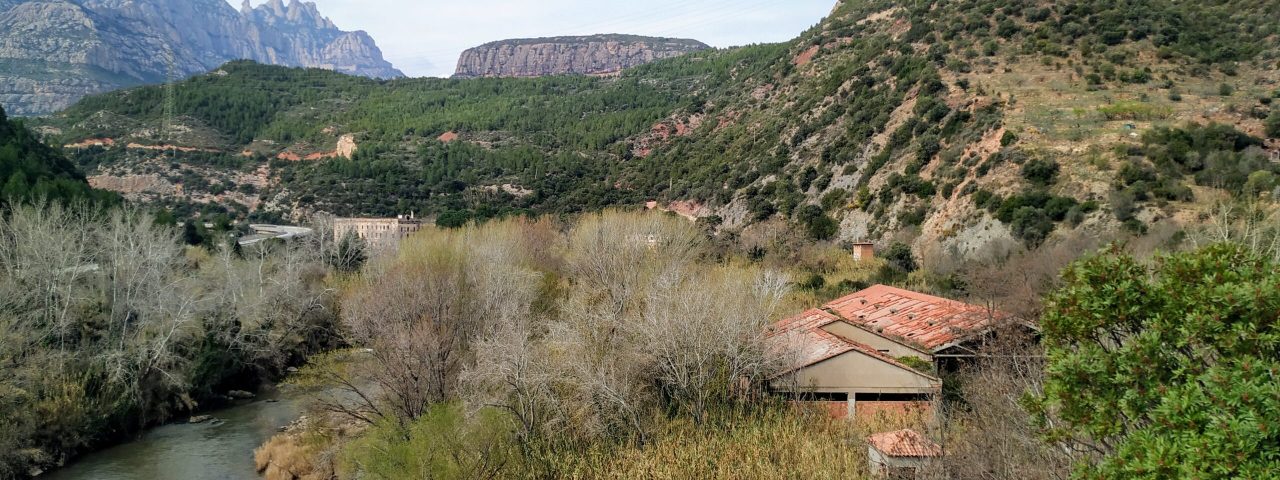Olesa de Montserrat has a rich history that dates back to Roman times, although its identity as we know it today began to form in the Middle Ages. The town’s development was closely linked to its religious importance, especially its connection to Montserrat Mountain, one of the most important pilgrimage sites in Catalonia. Over the centuries, Olesa grew as a strategic location along the route to the monastery, blending religious and commercial life.
One of the town’s most significant cultural events is the annual Passion of Olesa de Montserrat, a theatrical performance dating back to the 16th century that re-enacts the last days of Jesus Christ. This event draws thousands of visitors every year and is one of the oldest and most revered traditions in Catalonia. The city’s cultural calendar is also filled with local festivals, including the Festa Major, a celebration of the town’s patron saint, which features parades, live music, and traditional dances.
In addition to these celebrations, Olesa has a strong agricultural tradition, particularly in the cultivation of olives. The local olive oil, Oli d’Olesa, is a prized product of the region and reflects the deep connection between the town’s culture and its natural surroundings.
